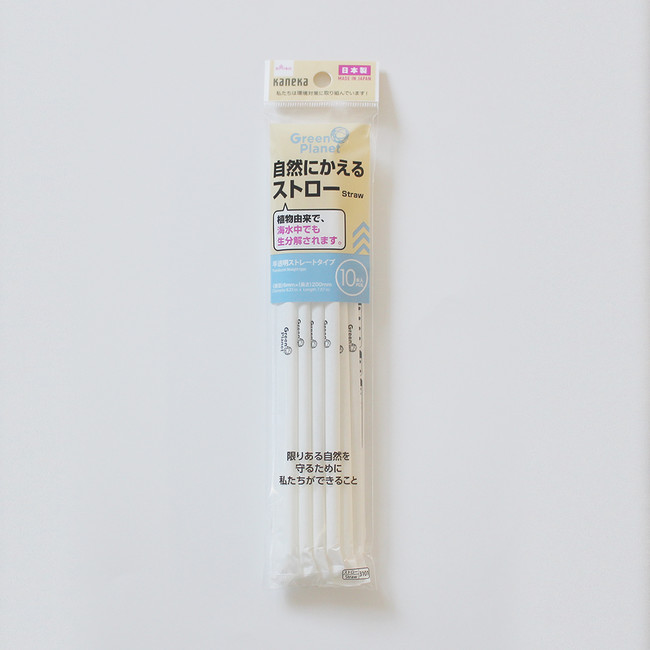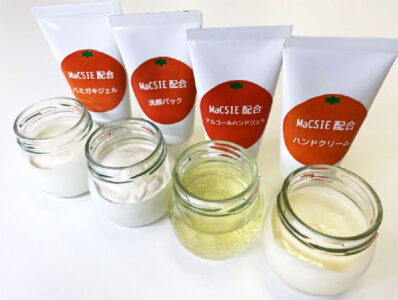Daiso Japan to sell 100% plant-based polymer straw
The Japanese firm Daiso Industries Co., Ltd, globally famous for its 100-yen shop, recently unveiled its straw made of 100% plant-based biodegradable polymer. It will be available in more than 2,500 shops in Japan from mid-January 2022.

This eco-friendly straw uses PHBH, Kaneka’s biodegradable polymer Green Planet®, developed by a Japanese chemical powerhouse, KANEKA. PHBH stems from Poly(3HB-co-3HHx), produced by cultivating microorganisms and biodegraded*1 by them.
It is a plant-based material from microorganisms absorbing vegetable oil then stored in their bodies as polymers.
Green Planet® has extensive biodegradability in a wide range of conditions and holds the OK Biodegradable MARINE certification for its ability to biodegrade in seawater.
For OK Biodegradable MARINE certification, the material must achieve a biodegradability of 90% or more within six months in seawater (30°C).
DAISO has 5,892 shops in 24 countries and regions worldwide. Offering 76,000 products to enrich people’s lives, from daily necessities to hobbies and interests, with about 800 new products coming out monthly.
From autumn 2021, the company is pushing ahead with its ECO products, such as plant-based plastic bags and cups, paper plates made from sugarcane waste instead of wood, and other eco-friendly products. DAISO is also making eco-friendly approaches through various products close to our daily lives. Such as using uniform packaging for all products, including existing ones, so that consumers can easily identify them as ECO products.
<Word Meaning>
*1 Biodegrade: to decompose/breakdown/decay naturally (by bacteria or microorganisms) and become absorbed by the environment.
We have a network of Japanese companies keen to expand into the Halal market in Malaysia & Indonesia.
If you are interested in connecting with sustainable technology companies in Japan, simply JOIN the network from below. We will match the right one for you!




